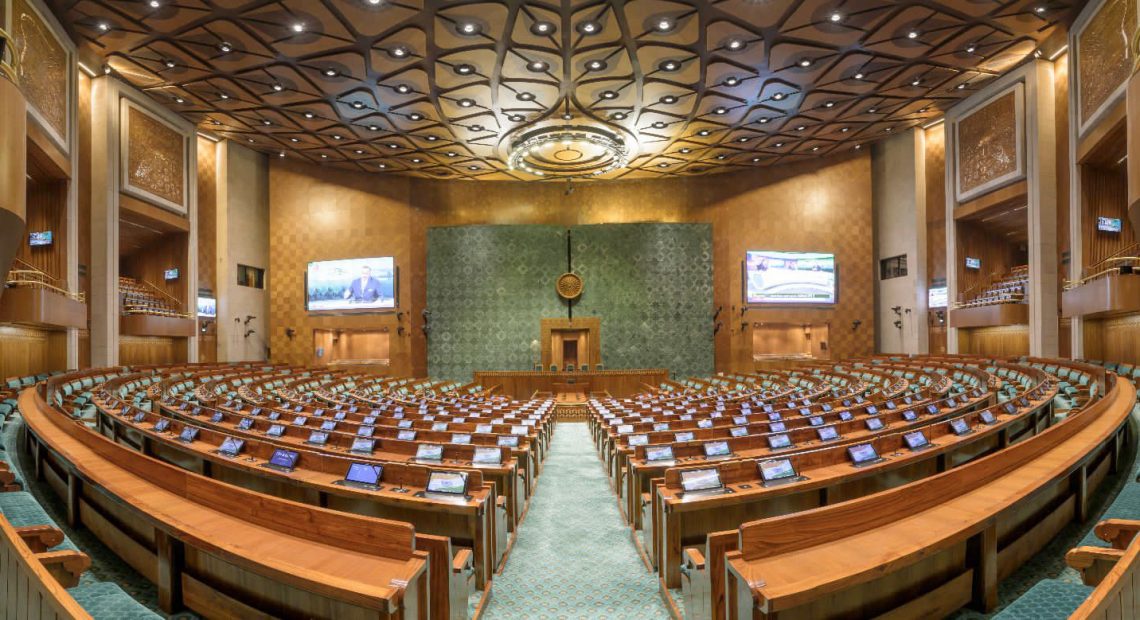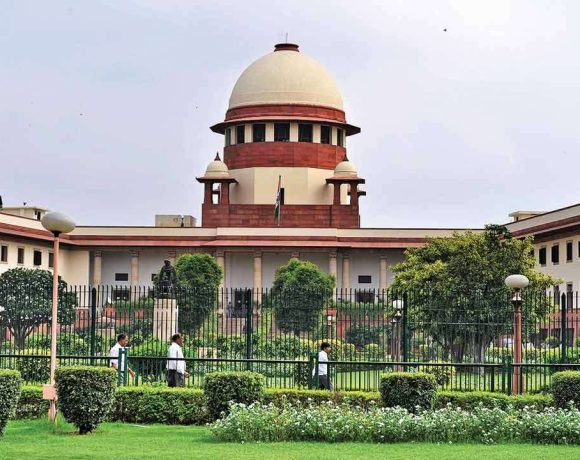
Congress to Challenge Waqf (Amendment) Bill in Supreme Court
The Indian National Congress has declared its plan to challenge the Waqf (Amendment) Bill, 2024, in the Supreme Court. This announcement comes after the bill was passed by both the Lok Sabha and Rajya Sabha. According to party leadership, the move is part of its broader commitment to defending constitutional values and resisting what it sees as systematic efforts by the Modi government to weaken minority institutions.
AICC General Secretary Jairam Ramesh stated that the Congress party will “continue to resist all assaults” on constitutional principles, particularly those impacting religious and community rights. He reaffirmed that the party will take the legal route to protect the autonomy of Waqf institutions.
Opposition Raises Constitutional Concerns
The bill has triggered significant political backlash. Opposition parties, including the Congress, have labelled it “anti-Muslim” and “unconstitutional,” expressing fears that it could lead to state interference in religious endowments and a potential dilution of minority rights. Congress MP Abhishek Manu Singhvi argued that the ruling party used its parliamentary majority to push through a bill that lacks broad consensus and may not survive judicial scrutiny.
Singhvi also indicated that several provisions in the bill violate fundamental principles enshrined in the Constitution, and that there is a strong case for the Supreme Court to strike it down.
Government Stands by the Legislation
The government, however, has firmly defended the bill. It claims that the amendments are intended to enhance transparency, accountability, and proper management of Waqf properties. Union Minority Affairs Minister Kiren Rijiju described it as a “historic reform” and stated that it strengthens governance mechanisms like Waqf tribunals rather than undermining them.
The administration maintains that the legislation is not anti-community but a necessary step to curb misuse and mismanagement within Waqf boards.
Legal Battle Ahead
With the bill now awaiting presidential assent, the Congress party’s petition in the Supreme Court is expected to open a critical legal battle over its constitutional validity. The case could have wide-reaching implications for how religious endowments are governed in India, particularly concerning the balance between administrative oversight and religious autonomy.
The upcoming legal proceedings will be closely watched by civil society, political observers, and minority organizations, as they could set a precedent for the future role of the state in managing religious institutions.


















